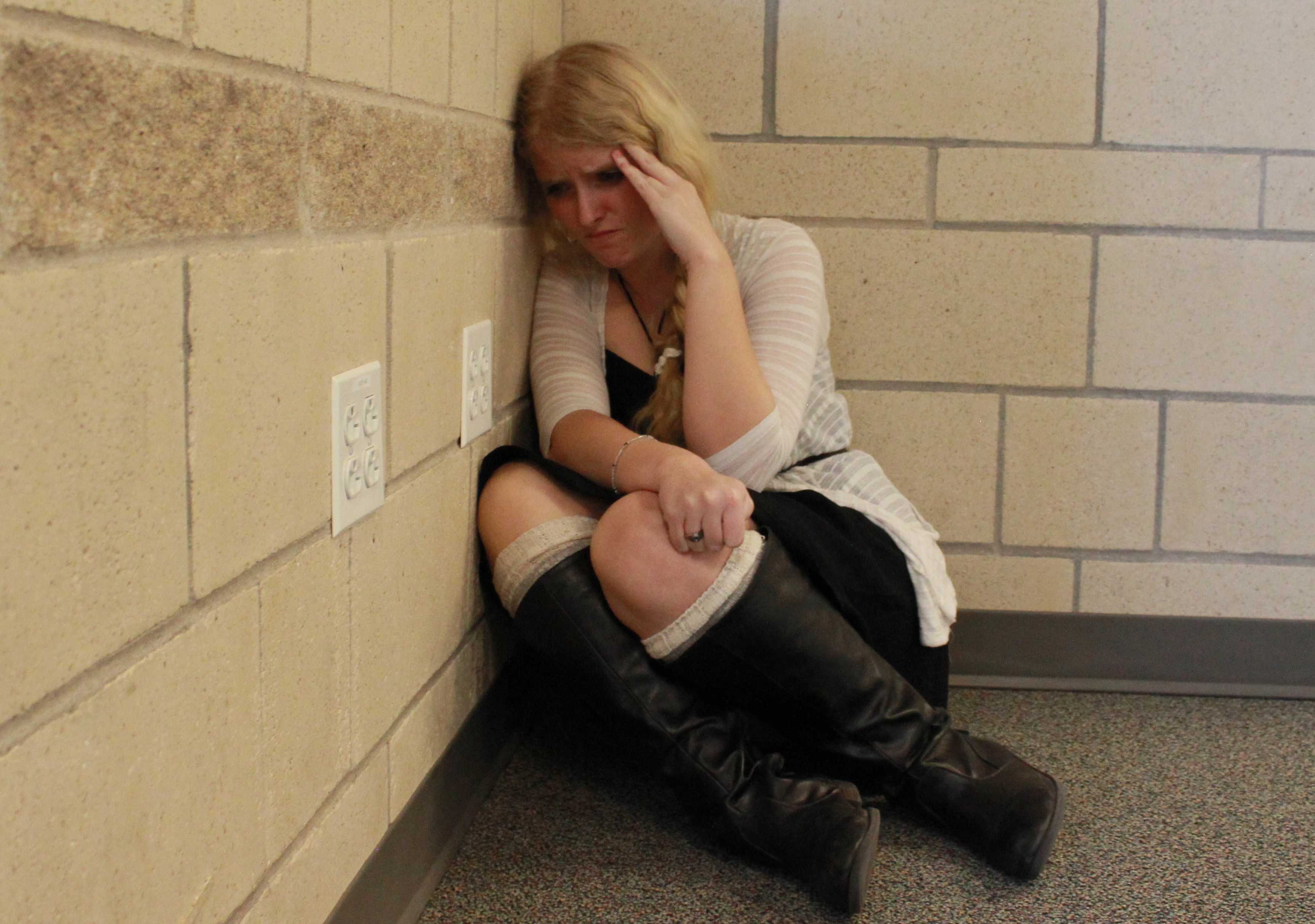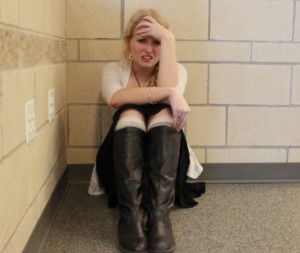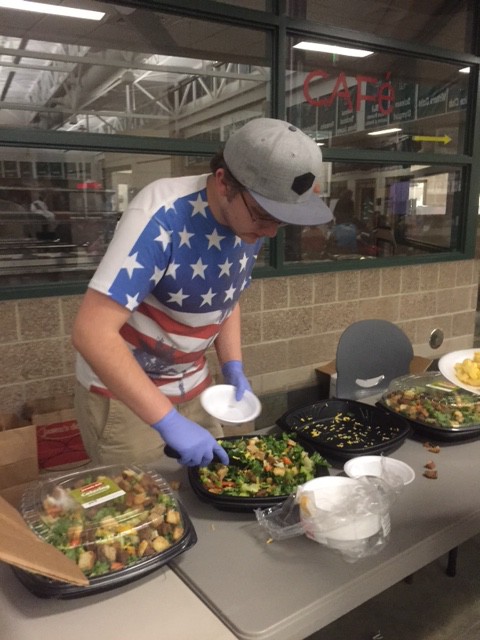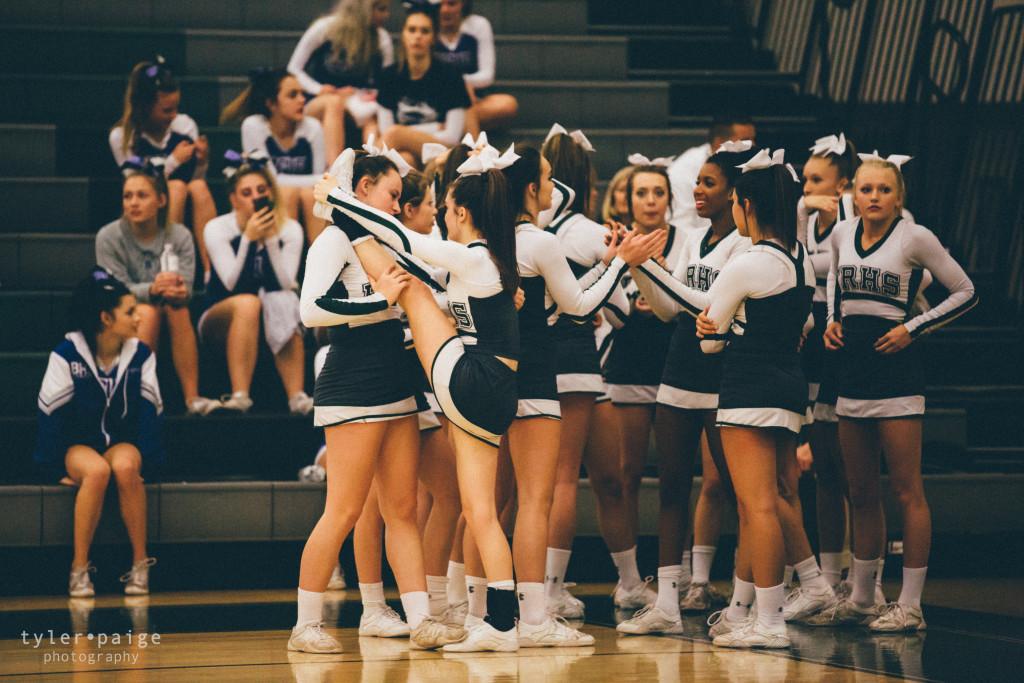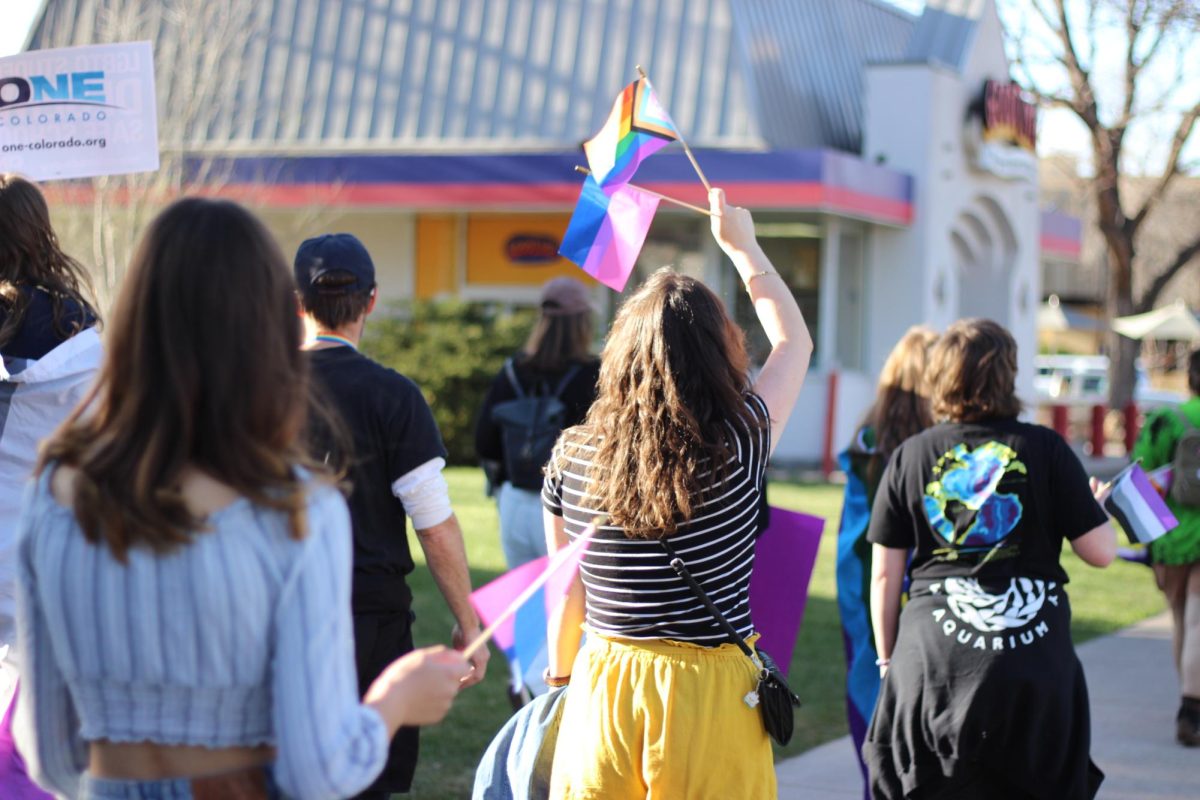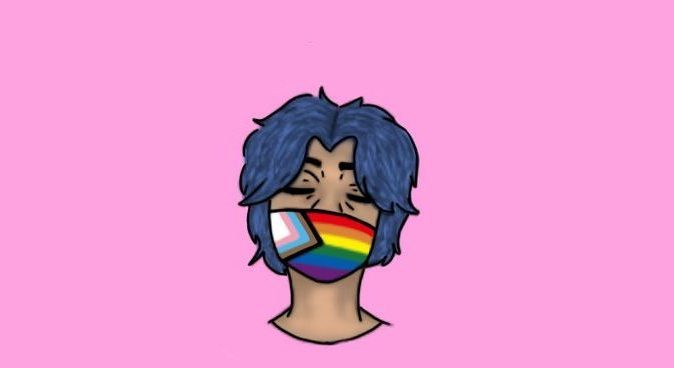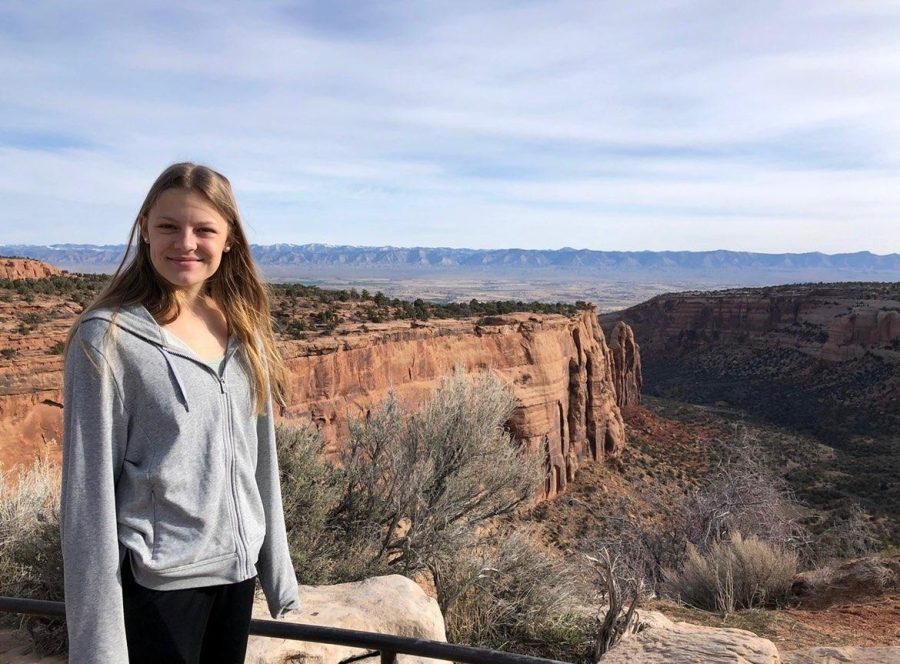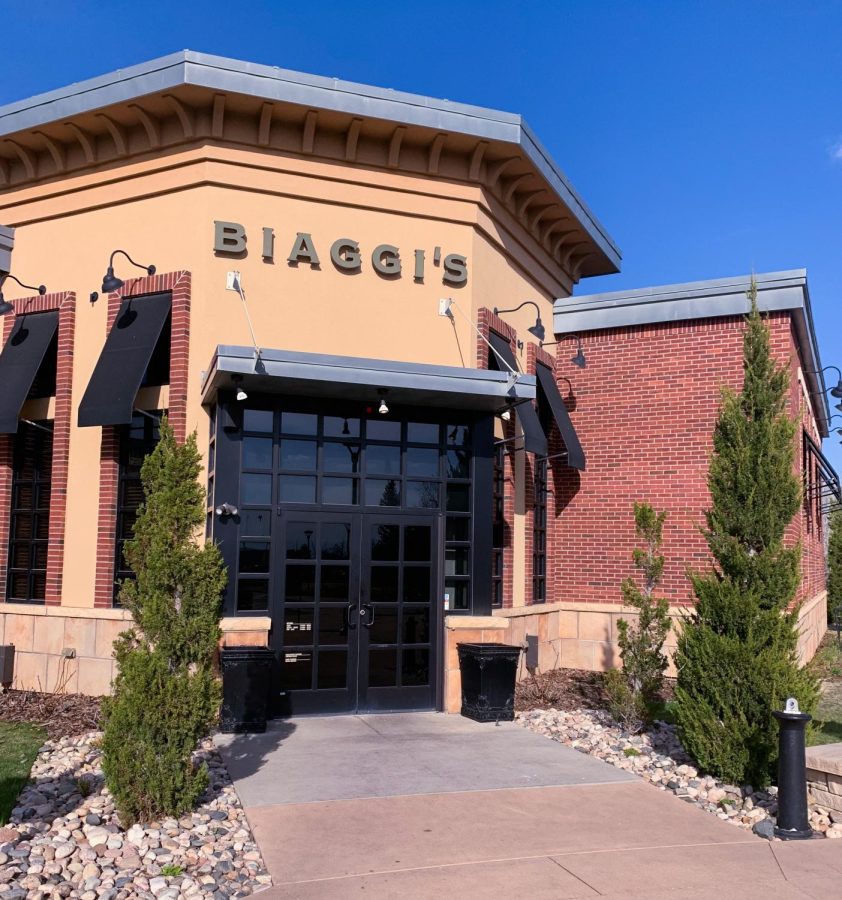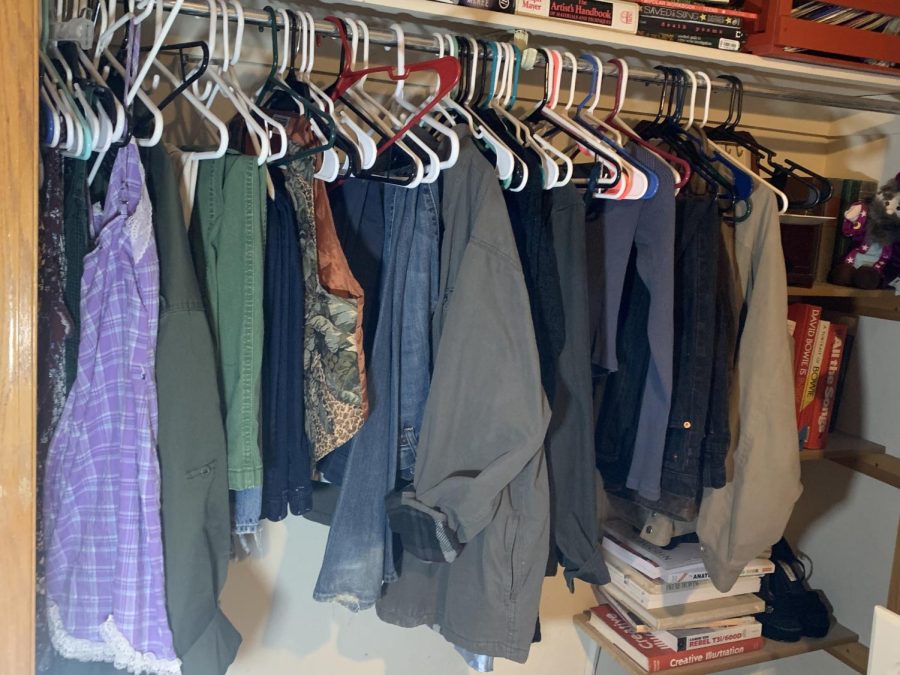Zoe Sugg, or as she is commonly known as, Zoella, talks about panic attacks here:
Imagine yourself at a theme park, it’s a hot, sunny day and there is not a single cloud in the sky. You are with your friends, and everyone is having a blast. Yet your stomach drops when they tell you that they want to go on a rollercoaster; you have a massive fear of heights.
Walking up to the rollercoaster line, your skin starts to become prickly, your chest constricts, and very slowly you begin to get a sense that you are slipping away from the current situation, everything is moving very fast, and scenes are slurring together. You don’t even recall shakily giving the man your ticket, you’re focused on the cold, hard seat of the coaster’s car, and the slow escalation of hysteria rising in your throat.
As the car lurches slowly to start its creeping ascent, the air in your throat begins to dissipate, you feel parched, as if in the Sahara Desert. Frantically you look around, the small buildings below you are growing tinier. You start to hyperventilate, each breath is gathering speed like a sports car on the interstate, fingers and arms start to tremble and shake. I must be going crazy, you think to yourself, I am crazy. Looking down, the car is at the top of the hill of the rollercoaster, and you lose it, you are never going to make it down without throwing up.
This experience describes much of what it would be like to be experiencing a panic attack, which, if you have panic disorder, can be a very familiar part of your day to day life. According to the National Institute of Mental Health, “Panic disorder affects about 6 million American adults,” and in an age of high paced and high stress jobs, this number is sure to be growing.
So does having a panic attack necessarily mean someone has panic disorder? According to Pat Williams, an AP Psychology teacher at Fossil Ridge High School, having a panic attack does not necessarily mean that you have panic disorder. “People from time to time suffer [from panic attacks] because of higher levels of stress.” The distinction between having a panic attack and actually having panic disorder depends on whether the attacks are reoccuring. If a person has just had one panic attack, and never has another instance like that, then they do not have panic disorder.
An attack is characterized much like the rollercoaster example above; a stressful situation that causes so much anxiety that the autonomic nervous system has a field day. To put it simply, the autonomic nervous system is responsible for arousing the body in a state of danger. Back in the days of the cavemen, anxiety would come from life threatening situations like being attacked by a grizzly bear. As the human race has evolved, so has anxiety. This is the premise for modern day panic attacks.
Zoe Sugg, a popular Youtuber and blogger who suffers from severe anxiety and panic attacks, defines the following as symptoms:
- Rapid breathing or feelings of being unable to breathe
- Rapid heartbeat
- Pains in your chest
- Feeling faint or dizzy
- Hot or cold flashes
- Feelings of absolute terror
- Feeling smothered
- Being extremely emotional/uncontrollable crying
Panic attacks can last “for minutes to up to an hour, some have gone longer, typically 25 to 45 minutes,” says Williams. For some people, panicking for an hour could be a continuous panic attack, or it could be a succession of small panic attacks where there are a couple minutes of relief in between.
Panic attacks can happen anywhere; there isn’t one universal place where people panic. For some, giving a speech in class can give such immense anxiety that it causes an attack. Other people may have no problem with public speaking, and instead have panic attacks from being in stuck in incredibly crowded spaces. According to Williams, panic attacks are on a “person by person basis”. There isn’t really a “universal trigger”. “Which leads to what makes people think they are crazy and leads to further stress” he added. Sometimes panic attacks don’t occur in a certain physical place, but are a result of things happening around you. If stress is a major trigger of your anxiety then it’s a possibility that whenever you feel overwhelmed, you may have a panic attack regardless of the setting.
The first instinct for someone who suffers from panic attacks is to avoid the situation. Whether or not that is a good decision is personal to the individual. In my opinion, avoiding the situation isn’t going to help you handle your anxiety, it is just delaying the inevitable. Just because you avoid it one time, doesn’t mean that in another situation you will be free from it again. For some people, panicking in one place can mean panicking in the same place over and over again. By avoiding the situations that you panic in, you have to realize that it is only a matter of time until you will then panic again in that same situation. According to Williams, in some cases, avoiding situations that make you panic, “leads to being homebound, and during therapy you will have to gradually be exposed to it, but hiding from it will never solve the problem.”
So if you don’t avoid it, then what are you suppose to do? For some people, getting down some breathing techniques can be extremely helpful. When you are having a panic attack, breathing becomes extremely shallow and oxygen isn’t getting to the brain, causing you to become dizzy or nauseous. Practice deep breaths, focus on breathing in the lungs and not the stomach. This is where cognitive behavioral therapy (CBT), could be a good treatment route. Alternatively, people also can use prescribed medication from a doctor or psychiatrist to combat the physical symptoms of a panic attack.
However, it is important to understand that psychological disorders are not like common illnesses. One “aspirin” won’t take away the premeditated anxiety that causes a panic attack, as well as the tension or stress that can attribute to a panic attack. “Just because the symptoms are gone, doesn’t mean that the disorder is gone,” says Williams. “A broken mind is more difficult to heal.”
Panic attacks suck. Literally. Beyond the physical symptoms, one of the biggest things that I despise about it is the way it will make you feel afterwards. You are physically, emotionally, and mentally drained. Imagine being attacked by a vampire, your blood drained from your body. Afterwards, you don’t want to do anything or be around anyone, it’s a real kill-joy. Yet even with this, I personally feel that panic attacks are so terrible because they can make you feel isolated and, the dreaded word, “crazy”. People have a tendency to separate themselves from reality, everything that has happened to them is exclusive to them, no one else understands what you are feeling because your situation is so different from everyone else, even though in reality it is not.
How do I personally handle panic attacks? Truthfully, it’s a work in progress. What works for me won’t work for you. I believe that the biggest thing that anyone can do to prevent a panic attack is be prepared. If your panic attacks are associated with school or college prep, then being organized could eliminate much of that anxiety. Make a schedule of your day so you know what time you have to get things done. Look ahead so that the essay you have to write isn’t causing you to have a mental breakdown the night before it’s due.
Anxiety shouldn’t be the reason that you won’t try a new club or make a new friend in school. Anxiety shouldn’t be the reason that you are housebound because the pure act of leaving your house makes you anxious. You are the architect of your own story, don’t let panic attacks prevent you from taking the first step.
If you are interested in reading about Zoe’s thoughts on panic attacks, check out her blog here:
http://www.zoella.co.uk/2011/12/panic-attacks.html


